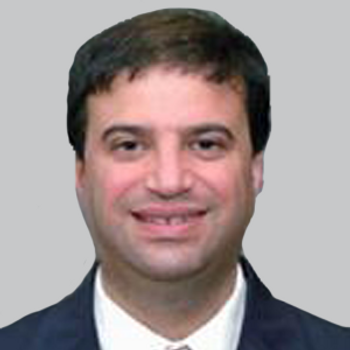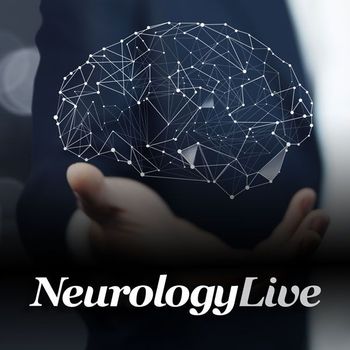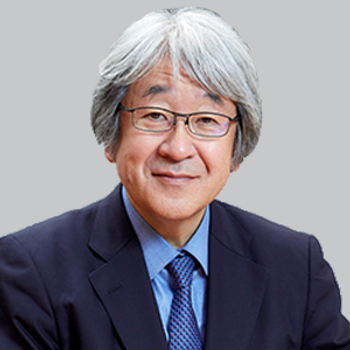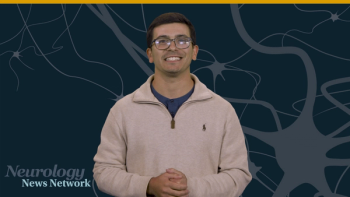
The chief development officer at Clene Nanomedicine provided insight on the mechanistic function of CNM-Au8 and how it improves survival in patients with ALS. [WATCH TIME: 3 minutes]

The chief development officer at Clene Nanomedicine provided insight on the mechanistic function of CNM-Au8 and how it improves survival in patients with ALS. [WATCH TIME: 3 minutes]

Investigators concluded that those receiving avalglucosidase alfa should be tested for antidrug antibodies by physicians who treat Pompe disease and monitor antidrug antibody, according to a recent Sanofi investigation.

Mind Moments®, a podcast from NeurologyLive®, brings you an exclusive interview with Ambereen Mehta, MD, MPH. [LISTEN TIME: 40 minutes]

ADAPT+ study data on antiacetylcholine receptor antibody-negative patients with generalized myasthenia gravis found improvements in cycle baseline and efficacy with Efgartigimod.

More than 85% of the individuals who continued givosiran (Givlaari; Alnylam) through the 36-week open-label extension were attack free in the final 3 months of treatment.

From the pre-COVID period to 6 weeks after vaccination, the reporting rate of GBS was significantly different, regardless of whether Brighton criteria was applied to the analysis. The authors noted that passive surveillance limitations warrant further analysis.

Results from phase 2 RESCUE-ALS trial show that treatment with CNM-Au8 in ALS demonstrated improvement in survival compared to the estimated median survival rate.

The Mapi Pharma treatment, administered intramuscularly at 40 mg, reduced annualized relapse rates among a population of patients with relapsing multiple sclerosis. Secondary outcomes are still being analyzed.

The phase 3 study, paused at US sites by the FDA, seeks to enroll 154 individuals with generalized myasthenia gravis, both seropositive and seronegative.

After 12 weeks of treatment with zilucoplan 0.3 mg/kg, almost three-fourths of patients demonstrated at least a 3-point reduction in Myasthenia Gravis Activities of Daily Living scores.

Most ambulatory patients had improved pulmonary functions and biomarker outcomes with cipaglucosidase alfa/miglustat that were sustained through a less than 36-month follow-up period.

A trial conducted in Japan showed better functional outcomes for patients with large cerebral infarctions treated with endovascular therapy than those treated with medical care alone, but had more intracranial hemorrhages.

The director of NYU Langone’s Alzheimer’s Disease Research Center and Center for Cognitive Neurology provided perspective on raising awareness for World Alzheimer’s Day and the ongoing challenges patients with the disease face.

A study presented at the MDS Congress 2022 found an association between migraine and the incidence of Parkinson disease in the middle-aged and older population.

After demonstrating a positive reduction of mutant huntingtin protein in preclinical studies, WVE-003 continued to show similar results when assessed in 30- and 60-mg doses.

Migraine with aura is suggested as an independent risk factor for atrial fibrillation and that AFib-mediated cardioembolism may play a role with migraines, especially stroke association for some patients.

The clinical assistant professor of neurology in the Comprehensive Epilepsy Center at NYU Langone Health gives recommendations for clinical care on prescribed antiseizure medication and RNA therapy. [WATCH TIME: 5 minutes]

A single, 500-mg intravenous dose of rituximab in individuals with new-onset generalized myasthenia gravis reduced the risk of disease manifestation and the need for rescue medications.

Study investigator Jeffrey L. Neul, MD, PhD, offered his perspective on the current understanding of trofinetide (Acadia Pharmaceuticals) and its potential in Rett syndrome if approved by the FDA in the coming months.

Results from a pooled analysis extend and support the safety and the tolerability of the use of incobotulinumtoxinA for the treatment of adults with neurological disorders.

One of the identified loci related to clinical progression in Parkinson disease expresses ADORA2A in the cerebellum, which encodes the adenosine A2A receptor, a promising target for therapeutics in PD.

Here's some of what is coming soon to NeurologyLive® this week.

Nicoline Schiess, MD, MPH, and colleagues offer insight into the recent publication of the World Health Organization’s 6 action steps aimed at addressing global disparities in individuals with Parkinson disease.

The Parkinson disease agent showed a safe and tolerable profile, with significantly greater improvements in MDS-UPDRS-III scores and OFF time per day.

Test your neurology knowledge with NeurologyLive®'s weekly quiz series, featuring questions on a variety of clinical and historical neurology topics. This week's topic is stroke and cerebrovascular disease.

The explosion of new science and legislative decisions have expanded the capabilities and reach of newborn screening, providing thousands of families every year an opportunity to seek early, and critical, care for their infants.

Danielle Kipnis, MA, of Columbia University, discussed key components of a yoga program for individuals with functional neurological disorder and from the evaluation, found it feasibility as an intervention.

Neurology News Network for the week ending September 17, 2022. [WATCH TIME: 4 minutes]

Take 5 minutes to catch up on NeurologyLive®'s highlights from the week ending September 16, 2022.

According to a recommendation from the US Preventive Services Task Force, clinicians should individualize the decision to offer or refer adults without cardiovascular disease risk factors to behavioral counseling interventions to promote a healthy diet and physical activity.